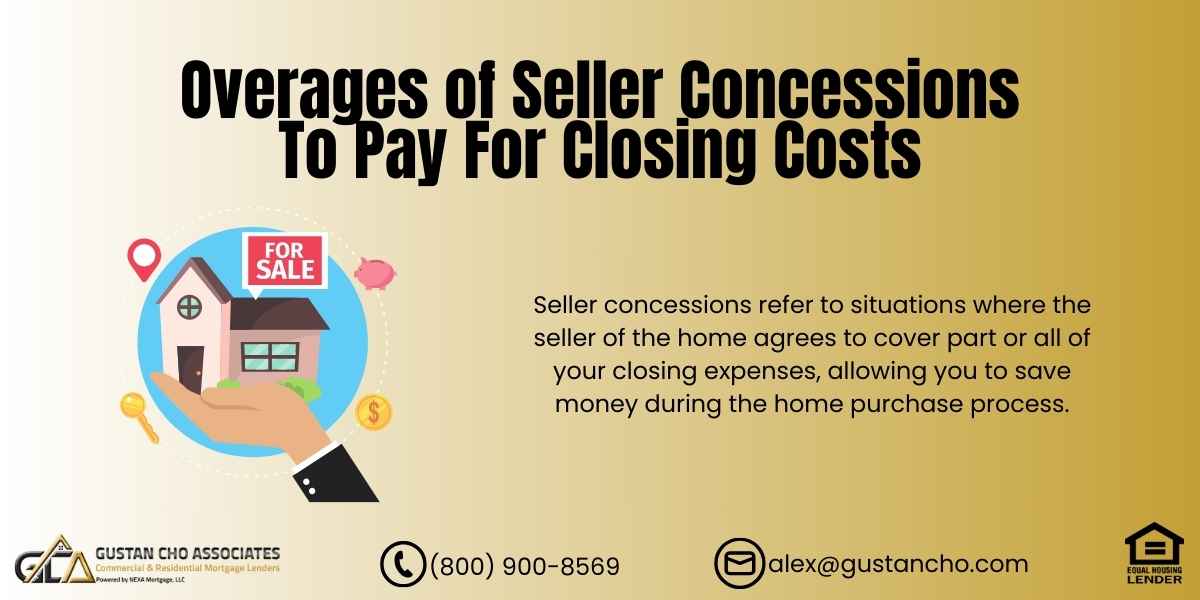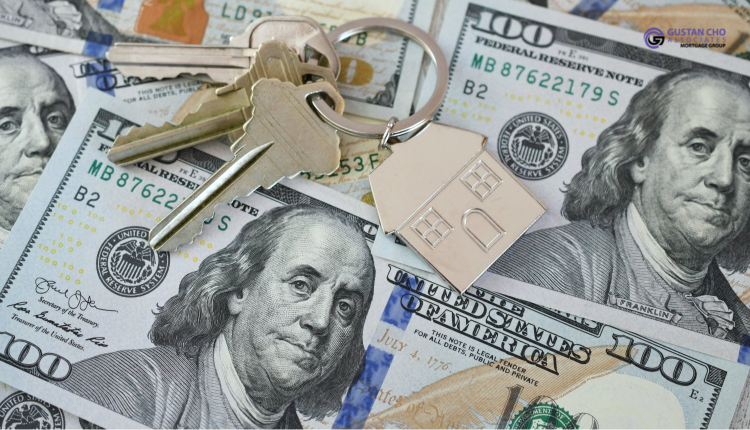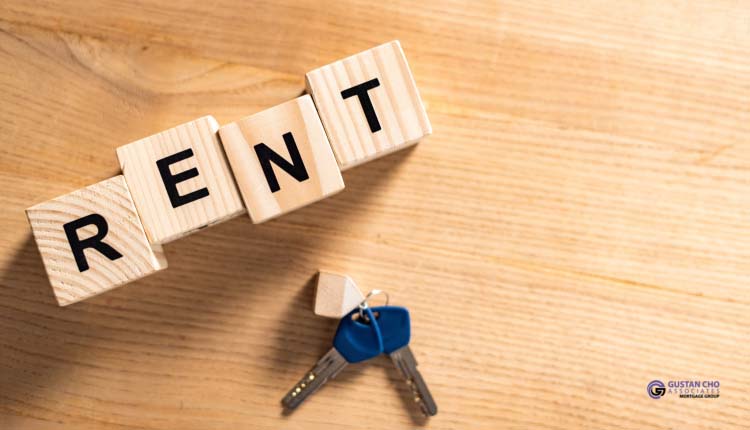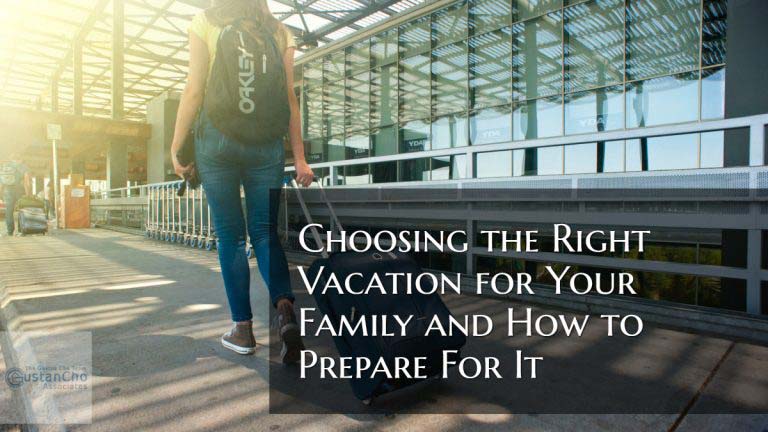Homebuyers should ask for seller concessions from the home seller to pay closing costs. There are two types of costs for a home purchase. The down payment and closing costs. Most homebuyers do not have to come up with closing costs. If structured the home purchase contract correctly, homebuyers do not have to worry about the closing costs. Homebuyers just need to come up with the down payment. Seller concessions are closing cost credits given by the home seller to buyers to cover part, most, or all of the home buyer’s closing costs. Proceeds from seller concessions can be used for any closing costs incurred by the home buyer.
What Can Seller Concessions Be Used For?
Requesting a kickback of the unused portion of the seller concessions is not allowed under any circumstances and is considered mortgage fraud. Sellers concessions can be used to cover the following closing costs, but cannot be used for the down payment on the home purchase:
- title charges
- state and county transfer stamps and fees
- recording fees
- attorneys costs
- inspection fees
- upfront points
- appraisal fees
- homeowners insurance
- pre-paid
- escrows
- any other fees and costs associated with the purchase and closing of the mortgage loan
Homebuyers cannot use seller concessions cannot be used towards the down payment of the home purchase. Seller concessions can also be used to buy discount points. Discount Points are used to lower borrowers’ mortgage rates.
Ready to Save on Closing Costs with Seller Concessions?
Contact us today to learn how you can take advantage of seller concessions to save money on your home purchase.Are There Limits For Seller Concessions
Depending on which mortgage loan program an applicant chooses, each program has a maximum amount of seller concessions allowed.
- FHA Loans (Federal Housing Administration) – Maximum seller concessions: 6%
- VA Loans (Veteran Affairs) – Maximum seller concessions: 4%
- USDA Loans (United States Department of Agriculture) – Maximum seller concessions: 6%
- Conventional Loans
- For owner-occupant homes: Maximum seller concessions: 3%
- For second or vacation homes: Maximum seller concessions: 3%
What Happens If There Are Overages In Seller Concessions
When it comes to seller concessions, any excess amount must be returned to the seller and cannot be given to the buyer.
For example, let’s say you’re buying a home for $200,000, and your lender allows for a seller concession of up to 6%. The seller can help cover up to $12,000 (6% of $200,000) of your closing costs.
If you request the full 6% ($12,000) but only need $8,000 for your closing costs, the remaining $4,000 cannot be given to you as cash or used for anything else. Instead, it must be returned to the seller.
So, in this case, while seller concessions can help you cover costs, any unused portion goes back to the seller.
Down Payment and Closing Costs Requirements on Home Purchase
There are two types of costs that a home buyer is required to pay on any home purchase. The first is the down payment. The down payment required varies depending on the loan program the buyer chooses. Two loan programs, USDA and VA, do not require any down payments. FHA loans require a 3.5% down payment. Owner-occupied conventional loans require a 3% down payment for first-time home buyers and a 5% down payment for traditional conventional loan programs. Second-home conventional loans require a 10% down payment.
Using Lender Credit For Closing Costs
If the homebuyer is short in closing costs, the lender can offer lender credit instead of a higher mortgage rate. Investment homes require a 20% down payment. Jumbo mortgages require a 20% down payment. Condotel unit mortgage loans require a 25% down payment. Non-warrantable condominium purchases require a 20% down payment.
How Much Should Mortgage Closing Costs Be?
All home purchase transactions have closing costs. Closing costs are costs associated with the closing of a home purchase. Examples of closing costs include the following:
- title charges
- transfer stamps
- inspection costs
- appraisal fees
- upfront points
- homeowners insurance
- pre-paid items
- any other costs and fees associated with the closing of a home loan
What Are Lender Credit Toward Buyers Closing Costs
Many home sellers will help buyers with closing costs by offering seller concessions. Most buyers don’t need to worry about these costs. If a seller chooses not to provide a concession, lenders can give credits to help cover closing costs.
Seller concessions are exclusively applicable to closing costs and prepaid expenses and cannot be applied to the down payment. Lenders may offer credits where borrowers can use the credit to cover closing costs instead of opting for a higher mortgage rate. For more information, please call us at 800-900-8569, text us for a quicker response, or email us at gcho@gustancho.com.
Looking to Save on Closing Costs with Seller Concessions?
Contact us today to discuss how seller concessions can make your home purchase easier and more affordable.How Can I Waive Paying Closing Costs on My Home Purchase and Get It Paid?
Many home buyers have limited funds when buying a new home. There are ways of being creative on a home purchase and more often than not. Homebuyers do not have to worry about closing costs. This is because it can be covered in the following ways: Seller concessions from home buyers. Lender credit to cover closing costs by lenders. In the following paragraph, we will discuss using seller concessions to cover closing costs on a home purchase.
How Much Money Do I Need To Buy a House With a Mortgage
There are two types of costs involving home purchase: the down payment and the closing costs. Home buyers must show that they have a down payment on a home purchase. The down payments can be gifted. Most homebuyers do not have to worry about closing costs on a home purchase. This is because closing costs can be covered with either seller concessions or lender credit.
Down Payment Requirements on Home Purchase
Every loan program has its down payment requirements. The only two mortgage loan programs do not require any down payment on a home purchase. They are the following:
The minimum down payment needed on a home purchase is 3.5% on an FHA mortgage loan. The minimum down payment on a conventional loan is 3% for first-time homebuyers and 5% for home buyers. VA and USDA loans do not require a down payment and offer 100% financing.
HUD Guidelines on Seller Concessions
FHA Loans allow up to 6% seller concessions of the purchase price towards closing costs. What this means is that a home seller can give a homebuyer up to 6% of the home purchase price as a sellers concession. So the home buyer can use it towards any closing costs.
VA Guidelines on Seller Concessions
VA Loans allow up to 4% seller concessions. Conventional loans allow up to 3% seller concessions on owner-occupant properties. Second homes and 2% on investment homes. Seller concessions are very important in many home purchases. Seller concessions are often a necessity to make the deal happen. This is because many home buyers only have the down payment, not the closing costs on a home purchase.
What Can Seller Concessions Be Used For?
The seller concessions can be applied towards closing costs associated with the home purchase. Here are examples of closing costs:
- Discount points
- Title charge charges
- Transfer stamps
- Recording fees
- Home Inspections
- Appraisal costs
- Surveys
- Mortgage loan origination fees
- Mortgage processing and underwriting fees
- Attorneys fees
- Inspection fees
- Pre-Paid:
- Real estate and insurance escrows
- Other costs associated with closing
How Seller Concessions Help Homebuyers Not Come Out of Pocket For Closing Costs
Seller contributions towards closing costs are great for both the buyer and seller. For Buyers with limited funds, having the seller pay the closing costs will make the home purchase possible. Home sellers are worried about offering seller concessions because the house may not appraise.
If the house does not appraise with seller concessions, the home seller can lower the seller concession or get rid of it altogether.
The home seller offering the concession towards closing costs makes the home sale possible. Ultimately, the seller gets their net price from the house sale. The bottom line is that the seller does not lose anything. This is because the seller concessions are part of the home purchase price.
Get Seller Concessions to Reduce Your Closing Costs
Contact us today to learn how you can take advantage of this option in your home purchase process.Case Scenario On How a Home Purchase With Seller Concessions Work
Closing costs are high, sometimes more than the down payment. Here’s a simple example:
Imagine a seller who wants $100,000 for their home. To help the buyer cover closing costs, the seller agrees to give the buyer $6,000 in concessions. This means the home’s sale price goes up to $106,000, but the seller still makes the $100,000 they wanted.
This way, the seller still gets their desired amount, and the buyer doesn’t have to pay the extra closing costs because the seller’s concessions cover that expense. This arrangement works out for both parties.
How Paying Closing Costs With Seller Concessions Works
Before shopping for a home, make sure that the pre-approval is solid. Most loan officers will run credit and AUS FINDINGS before issuing a pre-approval letter. Loan officers should do a full credit analysis.
Loan officers can also estimate tentative closing costs and the down payment required.
Loan Officers will also get you an approximate monthly housing payment. Closing costs can be more than the down payment. This depends on what county and state the property is in. Some states cost more than others due to tax stamps and other state fees.
Lenders Can Offer Lender Credit For Closing Costs In Place of Higher Rate
Homebuyers who are limited on funding besides the down payment can get closing costs covered with seller concessions or lender credit. The majority of home sellers have no problem in offering seller concessions.
Every homebuyer should request a seller concession from home sellers through their real estate agent. Home buyers need to make sure their realtor requests the sellers concession.
The seller’s contribution must be written on the real estate sales contract. Make sure realtors and loan officers communicate before making an offer. Many home buyers often get confused about how seller concessions Work. However, if the buyer is purchasing an investment home, the maximum a home seller can offer in seller concessions is no more than 2% sellers concession to the investment home buyers.
Frequently Asked Questions About Seller Concessions:
Q: What Exactly are Seller Concessions?
A: Seller concessions refer to situations where the seller of the home agrees to cover part or all of your closing expenses, allowing you to save money during the home purchase process.
Q: Can Seller Concessions Cover My Down Payment?
A: No, seller concessions can only cover closing costs and prepaid fees, not your down payment.
Q: How Much Seller Concessions Can I Get with an FHA Loan?
A: With an FHA loan, the seller can give you up to 6% of the home’s price to help cover closing costs.
Q: Do Seller Concessions Mean I Get Money Back at Closing?
A: No, any leftover seller concessions you don’t use must be returned to the seller. You can’t get cashback.
Q: Are Seller Concessions Allowed for VA Loans?
A: Yes, VA loans allow seller concessions of up to 4% of the home’s price to help pay your closing costs.
Q: Can I Ask for Seller Concessions on a Second Home?
A: If you’re buying a second home, you can request up to 3% in seller concessions.
Q: Why would a Seller Agree to Seller Concessions?
A: Sellers agree because it helps the buyer afford the purchase. The seller usually raises the home price slightly to cover this cost so they don’t lose money.
Q: If the Home doesn’t Appraise, can Seller Concessions be Changed?
A: If the home doesn’t appraise for the agreed amount, the seller concessions can be reduced or removed.
Q: Can Seller Concessions Lower my Mortgage Interest Rate?
A: Yes, you can use seller concessions to buy discount points, which lower your mortgage interest rate.
Q: What if the Seller won’t Offer the Seller Concessions?
A: If the seller doesn’t give seller concessions, your lender might help with lender credit instead. However, that could mean a slightly higher interest rate.
This blog about “Overages of Seller Concessions To Pay For Closing Costs” was updated on April 25th, 2025.










